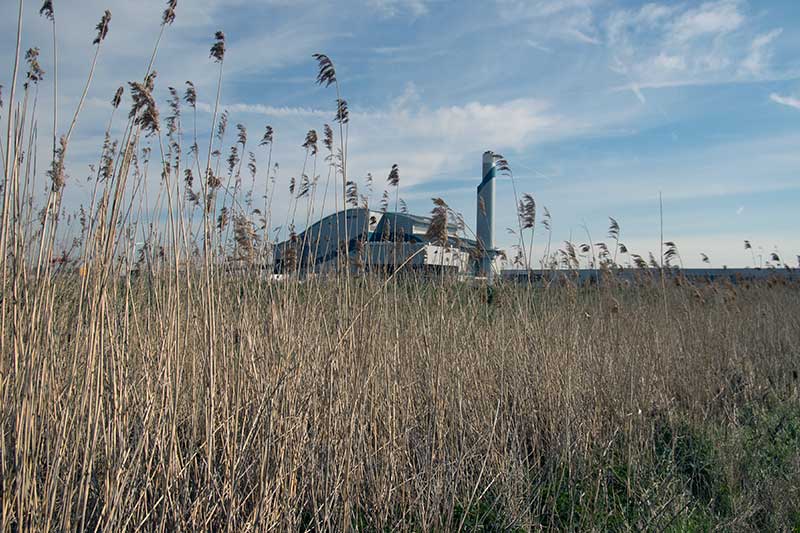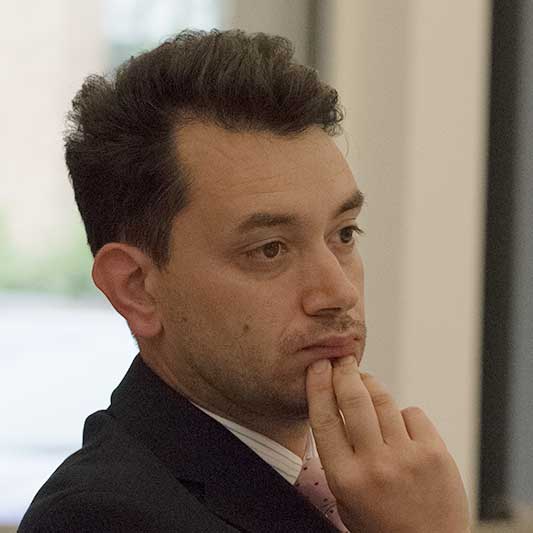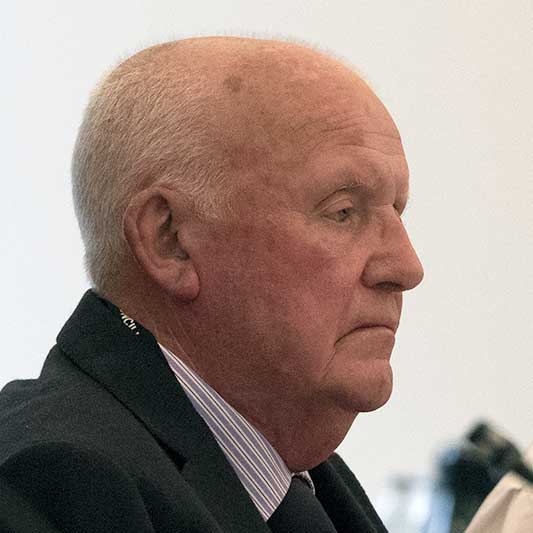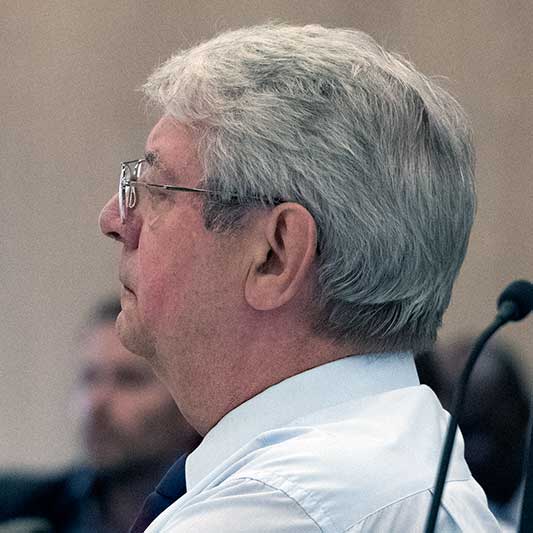8 July (Part 1) - The Fatal Flaws

 The
planning decision on the old Borax fields at Crossness went the way that was all too easy
to predict. Bexley Council is determined to make up for the time lost by
its leader Teresa O’Neill who used to be intent on borough isolation. Financial realities have put an end to that
and every opportunity for growth and the income it generates must be seized.
The
planning decision on the old Borax fields at Crossness went the way that was all too easy
to predict. Bexley Council is determined to make up for the time lost by
its leader Teresa O’Neill who used to be intent on borough isolation. Financial realities have put an end to that
and every opportunity for growth and the income it generates must be seized.
Cory Environmental’s application was a good one. They want to build a data centre and
communications hub and power it from their nearby incinerator. The data centre will be big. 95 feet
high, 180 feet wide and 370 feet long. And if that is not enough, there is to be two of them.
The loss of wildlife habitat is already well known and Mr. Todd (Friends of Crossness Nature Reserve) was allowed to run through
the naturalists’ objections once more.
Mr. Pike, a Director of Cory provided an impressive catalogue of benefits that his company
claims to have brought and plans to bring to the borough. Among them…
• A million tonnes of material is brought in by river each year and it produces
enough electricity to power 120,000 homes saving 200,000 tonnes of coal.
• The demand for data centres must be met if London is to retain its position as a world class city.
• The site is ideally placed to be supplied with electricity and heat under an
expanding Central Heat & Power scheme.
Nobody disputes that if it was not for the birds and the bees the proposals would have been welcomed with open arms.
It should provide 70 new jobs.
Mr. Miles, also acting for Cory Environmental, said the claims of the
naturalists were exaggerated. He said the proposal would not have any direct
affect on the Nature Reserve and that "the value of the site will decline
as natural succession occurs" and "will be lost therefore". I have no idea what
that is supposed to mean and no explanation was forthcoming.
He said the site supported only a small number of birds and a very limited range
of species and repeated that the site was in decline. “Only a single pair of
skylarks bred this year”.
Three local Councillors (Hackett, Newman and MacDonald, all Labour) absented themselves because
they were members of Forums funded by Cory leaving nature conservancy mainly to the ironically
named Conservatives.
Councillors John Davey and June Slaughter were sympathetic to the
objections raised. Councillor Slaughter felt “it would be criminal to build on
land indistinguishable from the adjacent Nature Reserve when brown field sites
are still available”. She “was very unhappy about it”.
 Someone
who would never offer sympathy to anyone is Councillor Val Clark and was
unsurprisingly the first to dash the hopes of the objectors.
Someone
who would never offer sympathy to anyone is Councillor Val Clark and was
unsurprisingly the first to dash the hopes of the objectors.
She said that the proposed site was not part of the Nature Reserve, it was
merely adjacent to it and “you have to draw a line somewhere”. It would be hard
to argue otherwise and it proved to be Fatal Flaw No. 1 for the objectors.
Councillor Clark went on to say that “because the land had lain dormant [since
its past industrial use] nature had taken over. As it had always been designated
[for industrial use] there is no loss of nature”. She said she had no objections to the application.
 Councillor
John Waters said that old maps showed an “alarming” decline in the natural
habitat over the past 100 years but the proposed site was industrial land until
very recently. That being the case he felt the application could not be refused.
Councillor John Wilkinson agreed. The Borax Fields are, as the
name implies, a brown field site. (Fatal Flaw No. 2.)
Councillor
John Waters said that old maps showed an “alarming” decline in the natural
habitat over the past 100 years but the proposed site was industrial land until
very recently. That being the case he felt the application could not be refused.
Councillor John Wilkinson agreed. The Borax Fields are, as the
name implies, a brown field site. (Fatal Flaw No. 2.)
Head of Planning, Sue Clark, said that if the Fields had been in continuous use instead of being neglected since the
incinerator was built, the present situation would probably not have arisen.
Councillors Alan Downing and Joe Ferreira (Labour) had misgivings about the application
and pondered the possibility of deferring it in the hope that compromises between the opposing parties could be achieved.
They received no support from colleagues.
Councillor Colin McGannon (UKIP) said that the birds that had moved into the Borax
Fields could easily fly off and take over somewhere else. I suspect that is not how nature works.



 It
fell to Councillor Howard Marriner to kick the last skylark out of its nest.
It
fell to Councillor Howard Marriner to kick the last skylark out of its nest.
He said that the Borax Fields had been “an industrial site for more
than a century which had reverted back to an ecological site but London is a
growing city. We need a data centre and it is a good opportunity to provide
employment for 70 persons and frankly I do not see how it would affect the
population of breeding species to any great extent. I move to approval of this one.”
And that was the final nail into the Borax coffin. If I was quick enough on the draw,
I believe it was Councillors, Beckwith, Beazley, Clark, Marriner, Waters and
Wilkinson who voted for more concrete. Possibly Councillor Christine Bishop too.
There were a little over 70 people in the public gallery to watch events unfold
under the efficient and effective chairmanship of Councillor Peter Reader.
A 1,076 signature petition against the proposal was, in accordance with
Bexley Council’s established protocols, not looked at.


